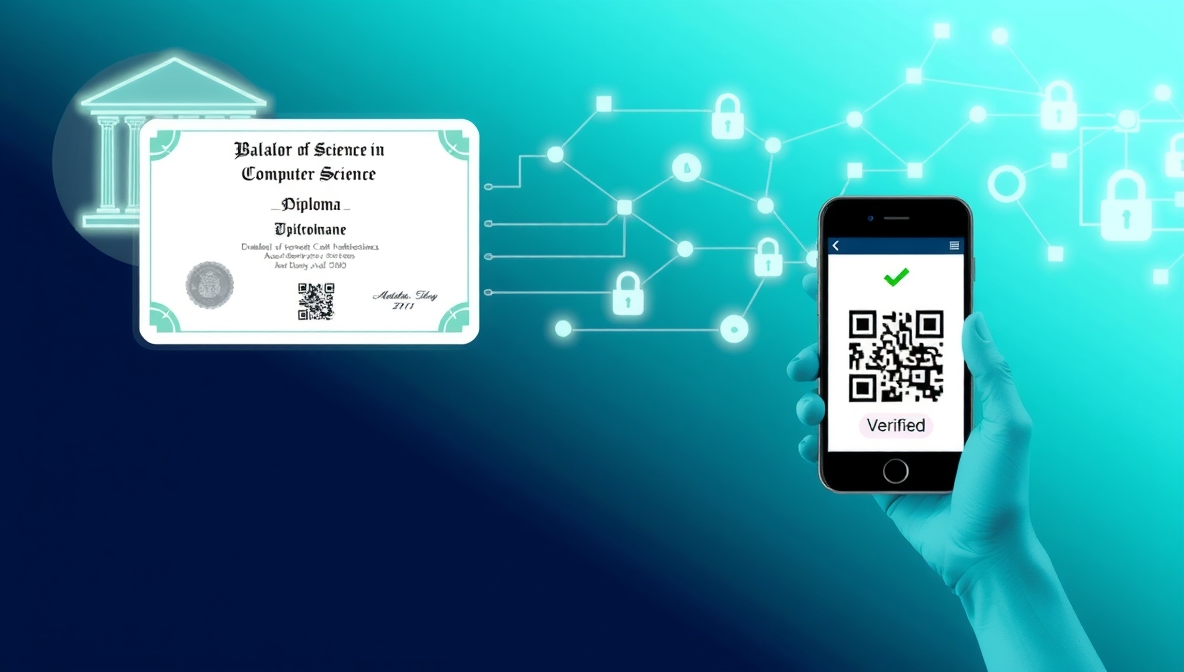Blockchain for Education
Application of blockchain technology to verify educational qualifications and licenses

Using blockchain to solve the problem of fake qualifications and licenses, focusing on security, transparency, and reliability
1. Data Registration and Issuance of Electronic Documents
- Relevant agencies (such as the Ministry of Education, various professional councils) will directly record educational qualifications and licenses into the blockchain system
- The recorded data will include
- Document identification number
- Name and surname of the document holder
- Photograph (if any)
- Details of the qualification/license (such as institution name, field of study, graduation date, scope of the license)
- Verification and certification history
- The data will be encrypted and recorded as "blocks" in the blockchain network
- Create QR codes linked to the blockchain data for each document
2. Data Storage and Network Distribution
- Data will be stored in the blockchain, a distributed database, making it highly secure and difficult to alter or forge
- Data will be replicated and stored in various nodes across the network to ensure durability and availability at all times
3. Document Verification
- Stakeholders (such as employers, verification agencies) can use mobile applications or websites to scan QR codes or enter document identification numbers to verify data from the blockchain
- The application will display document information and verification history to confirm accuracy and authenticity
- The system will alert if the data does not match the blockchain records, indicating that the document may be fake
4. Security Management and Alerts
- The system will detect and immediately alert if there is an attempt to alter or forge data in the blockchain
- All verification activities will be recorded in the blockchain, allowing for retrospective inspection
Benefits of Using Blockchain
- Maximum Security Blockchain is difficult to forge, making the data highly reliable
- Transparency Everyone with the right can verify the data
- Fast and Accurate Verification Reduces time and risk in document verification
- Reduces Forgery Issues Makes it much harder to forge documents
- Reliability Builds trust in Thailand's educational qualifications and licenses
Implementation
- Develop applications or websites for document verification
- Link data with issuing agencies
- Set QR code standards and data formats
- Educate and promote the use of the system
Using blockchain to verify educational qualifications and licenses will effectively reduce document forgery issues and build trust in Thailand's educational and professional systems.